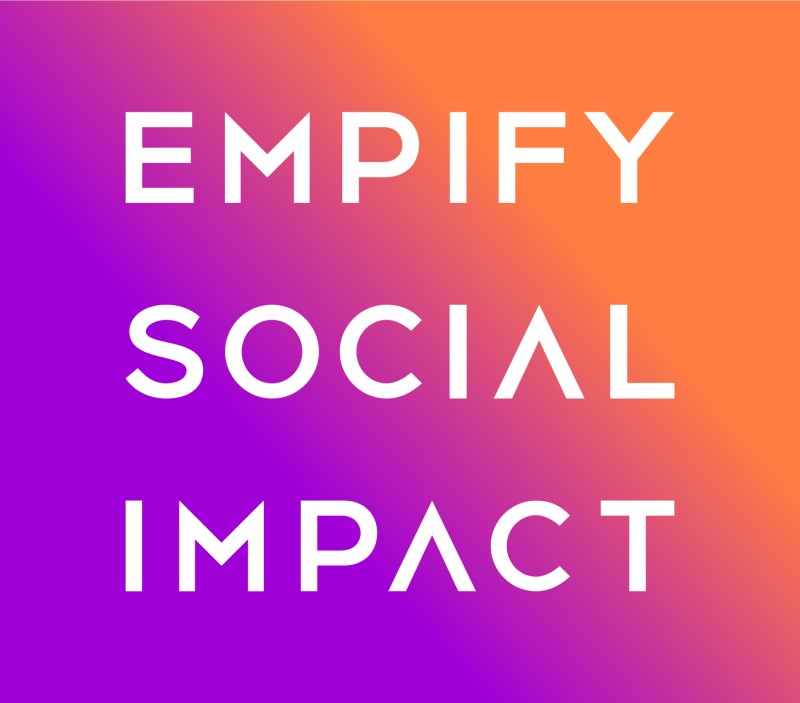In recent years, sustainable development communication has come a long way, becoming an integral part of many companies’ business strategies. What was once considered a niche topic is now widely recognized as a key element in building trust, reputation, and long-term success.
Rising Social Awareness
One of the main factors influencing the growing importance of sustainable development communication is the increasing social awareness of environmental and social issues. Consumers, employees, and investors are paying more attention to companies’ sustainable development actions and expect transparency and responsibility from them.
Changing Consumer Expectations
Consumers are more aware of the impact of their choices on the environment and society. They prefer products and services from companies that demonstrate a commitment to sustainable development. Companies that communicate their sustainability efforts build stronger relationships with customers and gain their loyalty.
Regulations and Standards
The increase in regulations and standards related to sustainable development forces companies to report their actions and results. Regulations such as the EU Directive on Environmental Claims and ESG (Environmental, Social, and Governance) reporting requirements make companies more transparent and accountable in their communication.
Impact of Investors
Investors are increasingly considering ESG factors when making investment decisions. Companies that effectively communicate their sustainability efforts attract investors interested in long-term, sustainable growth. Research shows that investors are more likely to invest in companies with a solid ESG profile.
Competitive Pressure
Many industry leaders have realized that sustainable development can be a source of competitive advantage. Companies that communicate their commitment to sustainability stand out from the competition, attracting customers, employees, and investors.
Integration of DEI (Diversity, Equity, Inclusion) in Sustainable Development Communication
The social aspect of ESG, often referred to as “S,” also includes issues such as diversity, equity, and inclusion (DEI). Companies that promote DEI demonstrate their commitment to creating a fair and inclusive work environment. Communicating DEI actions is not only morally right but also beneficial for business – companies with strong DEI practices enjoy better reputations and greater employee engagement.
Cultural Changes in Organizations
Introducing sustainable practices into the organizational culture is crucial for success in sustainable development. Employees are more engaged and loyal to companies that align with their values. Effective internal communication about sustainable development supports the building of a positive organizational culture.
The Role of Empathy in Sustainable Development Communication
Empathy plays a crucial role in effective sustainable development communication. Companies that understand and respond to the needs of their stakeholders build deeper and more authentic relationships. Empathetic communication considers the perspectives of various groups, fostering greater engagement and acceptance of the company’s actions.
Technological Progress
The development of technology and digitalization enables companies to communicate their sustainable development efforts more effectively and interactively. Tools such as social media, ESG reporting platforms, and visualization tools help companies reach a wide audience in an engaging and accessible way.
Authenticity and Transparency
In an era of increasing information, consumers and stakeholders expect authenticity and transparency from companies. Companies that honestly communicate their successes and challenges in sustainable development build trust and credibility. Avoiding greenwashing, or falsely portraying oneself as more environmentally friendly than in reality, is crucial for maintaining stakeholder trust.
Conclusion
Sustainable development communication has moved from a niche topic to a common practice in many industries. The rise in social awareness, changing consumer expectations, regulations, investor influence, competitive pressure, cultural changes in organizations, and technological progress are key factors that have contributed to this shift. The integration of DEI and empathy in sustainable development communication further strengthens relationships with stakeholders and supports the building of a more just and sustainable world. Companies that effectively communicate their sustainability efforts gain a competitive advantage, build stronger relationships with stakeholders, and contribute to positive changes in society and the environment.

